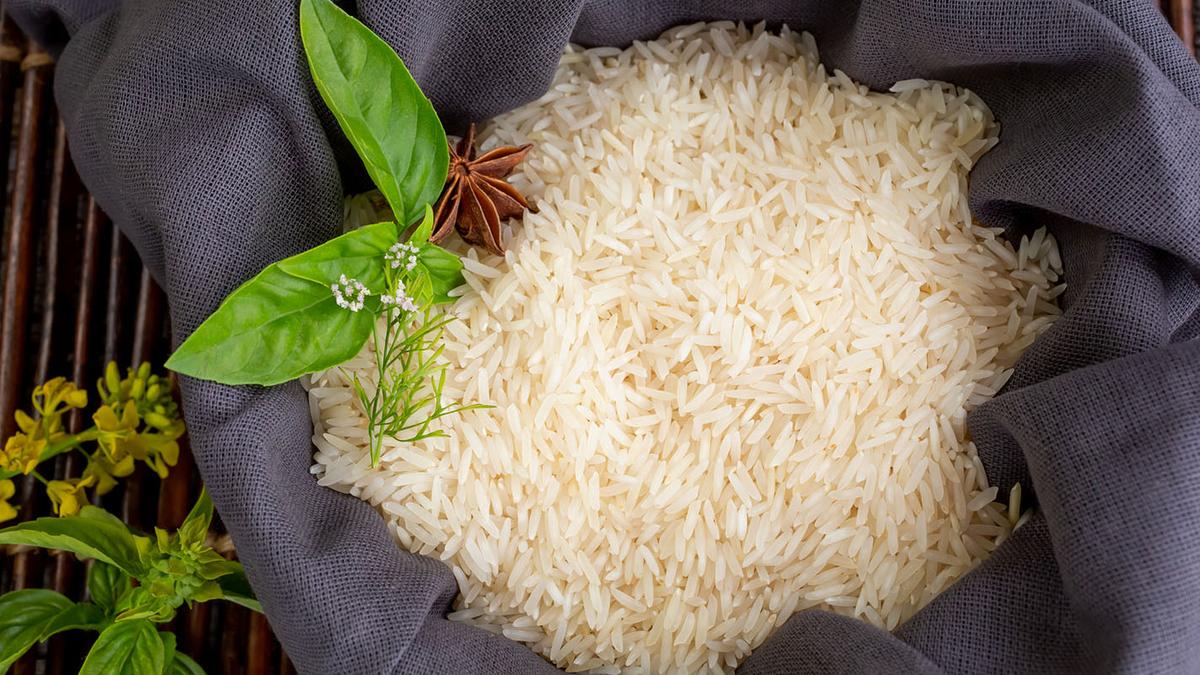The “needle of suspicion” points to China in the European Union detecting the presence of genetically modified (GM) rice in an organic Basmati rice export consignment from Pakistan.
“Data show that China has exported 14,000 tonnes of ‘hybrid’ paddy seeds to Pakistan and it is suspected to be the source of contamination,” said a trade source, who did not wish to be identified in view of the case being sensitive.
The presence of GM rice in organic basmati rice consignment has alarmed the rice trade, “highlighting the fragility of Pakistan’s quality assurance systems and the potential far-reaching consequences for its agricultural exports”, a report from Greece said.
Rice, being Pakistan’s second most important food crop and a famous export commodity in European countries, is now under intense scrutiny, it said.
Under pressure
Trade sources point to reports appearing in Pakistan media in December 2023 that said Islamabad was under pressure from influential businessmen and some sectors to permit GMO and hybrid seeds for preparing cooking oil, besides chicken and cattle feed.
Reports quoted Pakistan’s Kisan Mazdoor Tehreek member Asif Khan claiming that most of the increase in agricultural production was due to GMO seeds, including vegetables.
He blamed marketing agencies saying they had misled growers that “they can become rich overnight” with the use of these GMO seeds.
Trade sources said in 2018, Pakistan blocked a paddy seeds shipment of 2,000 tonnes at the Karachi port as it contained genetically modified seeds. The Dawn reported in June 2018 that the yield in Pakistan’s rice increased after imports of seeds from China, ranging from 7,000 tonnes to 10,000 tonnes annually.
Complaints since 2010
“During random sample checking at the port early this (2018) year, some consignments from China were found to be carrying genetically modified (GM) rice seed and were detained,” the Pakistan daily said then.
Complaints against GM seeds entering Pakistan began way back in 2010 with a Karachi-based non-governmental organisation saying, “a torrent of hybrid seeds, and possibly with GM seeds as some suspect, packaged with fertilizers, farm implements and production credit is streaming” into Pakistan.
Trade sources said in 2021, the US Department of Agriculture said though agricultural biotechnology rules exist in Pakistan many of the implementing guidelines and rules are yet to be established. Pakistan’s National Biosafety Committee has yet to promulgate rules or establish protocols, it said.
Islamabad carried out a couple of research trials with the Chinese help in tackling bacterial blight with Xa”21 genes through molecular-assisted breeding and insect resistance with Cry1AC and Cry2A genes.
Reasons to look at GM
Also, Pakistan has no labelling requirements for bulk import of foods, seeds, fibres, oils and feeds that are derived from genetically engineered crops. This could have paved way for GM crops or seeds finding their way into the neighbouring country.
The reasons why Pakistan is forced to look at GM crops are food scarcity, climate change, water logging, lack of irrigation, weed epidemic and malnourishment, according to a September 2023 study “Status of GMOs: Need, Acceptability, Developing and Regulation – A comprehensive review.”
Trade sources said illegal GM crops were found in China’s breadbasket way back in 2016 with 93 per cent of samples taken from farms in Liaoning province showing presence of genetical material. In 2015, illegal GM rice was found to have been planted in Wuhan City and the Chinese agriculture ministry ordered a probe by the local government.
ISAAA report
Last year, the International Service for the Acquisition of Agri-biotech Applications (ISAAA) said the Institute of Subtropical Agriculture at the Chinese Academy of Science had made its second harvest of GM giant rice in Guizhou province.
This GM crop could have found its way into Pakistan by getting mixed with other paddy seeds.
Trade sources said in 2023, China donated hybrid seeds to Pakistan to help the rice sector reconstruct, particularly in Balochistan province. Trade sources said this, too, probably resulted in Chinese GM paddy seeds entering Pakistan.
During 2022-23, Pakistan exported nearly 600,000 tonnes of Basmati rice valued at $6.5 billion compared with 750,000 tonnes valued at $6.93 billion in 2021-22.
